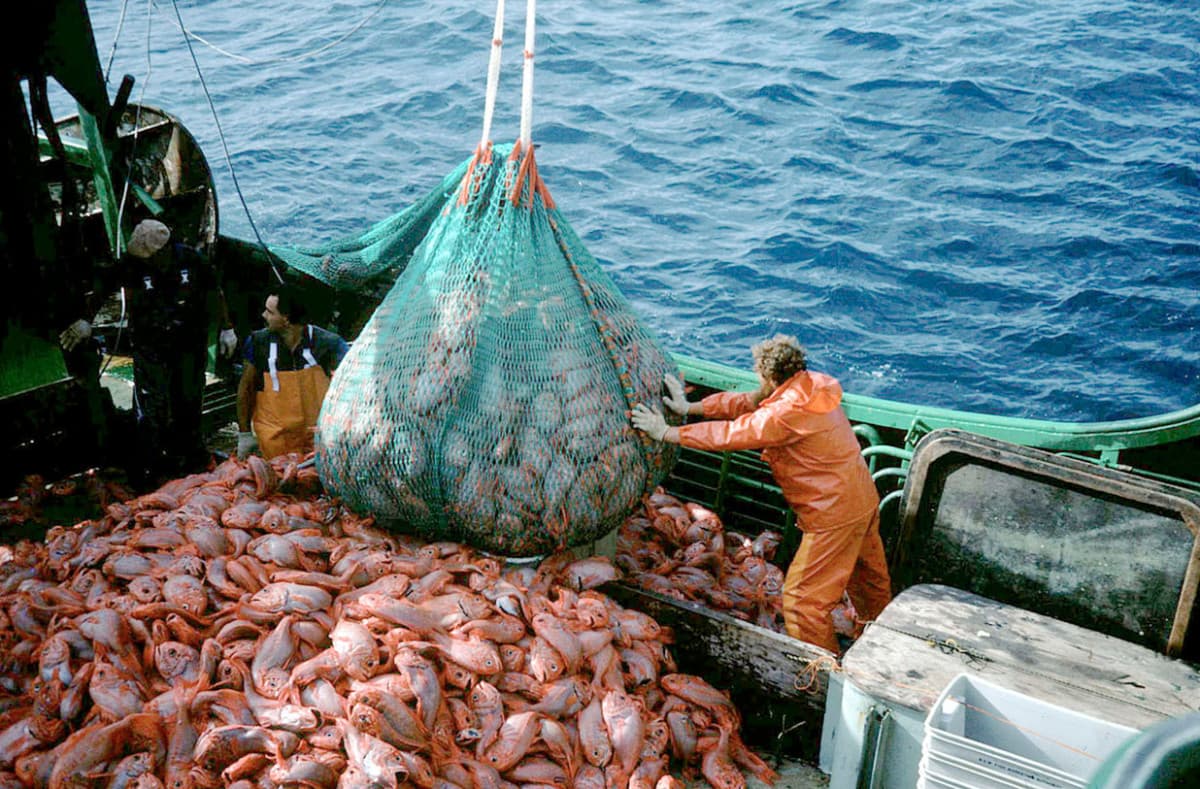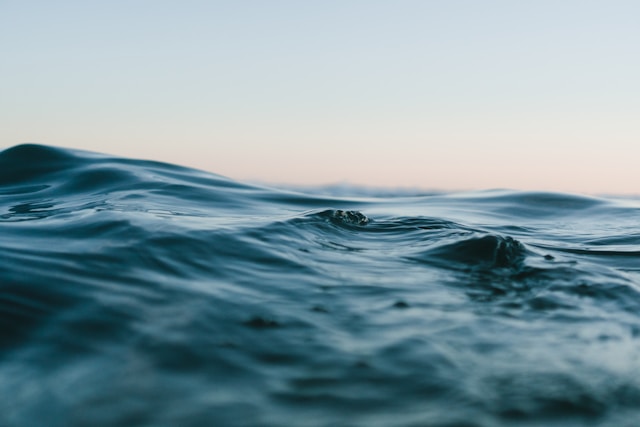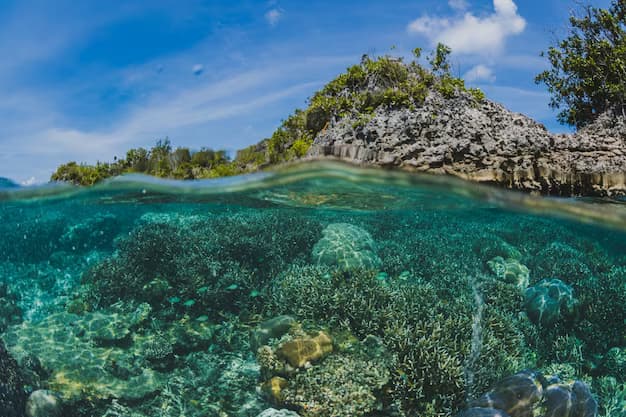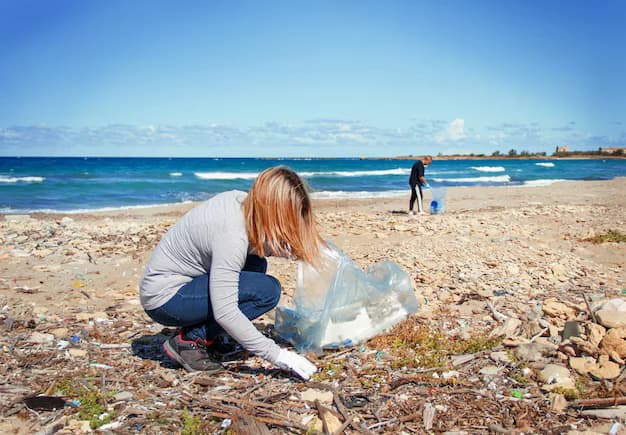As demand for seafood increases, the need for conservation is more urgent than ever. In this article, we delve into the multifaceted issue of overfishing, exploring its causes, impacts, and potential solutions. By understanding the complexities of overfishing and embracing sustainable alternatives, we can strive for a future where marine resources are conserved for generations to come.
Where is overfishing the biggest problem?
Overfishing is a significant problem in various regions across the globe, but some areas experience its impacts more severely than others. Particularly, regions with heavy reliance on fishing industries, inadequate regulatory measures, and high demand for seafood often face the most significant challenges associated with overfishing. Some of the regions where overfishing is particularly problematic include:
- Southeast Asia: Countries like Indonesia, Thailand, and the Philippines grapple with overfishing due to extensive coastal populations relying on fishing for livelihoods, coupled with inadequate enforcement of fishing regulations;
- West Africa: Coastal nations in West Africa, such as Senegal, Ghana, and Nigeria, face overfishing pressures exacerbated by foreign industrial fishing fleets exploiting their waters, often with minimal oversight;
- Mediterranean Sea: Overfishing is a pressing concern in the Mediterranean due to intensive fishing activities, historical overexploitation of fish stocks, and challenges in implementing effective management measures across multiple countries;
- North Atlantic: Regions like the North Atlantic, including the waters off the coasts of Canada and the United States, have experienced significant declines in fish populations, particularly iconic species like cod, due to historical overfishing and inadequate fisheries management;
- South America: Countries like Peru and Chile confront overfishing issues, exacerbated by industrial fishing practices targeting anchovies and other species crucial to marine ecosystems and local economies.
Overall, overfishing represents a global challenge that requires coordinated efforts at local, regional, and international levels to implement sustainable fishing practices, strengthen fisheries management, and protect marine biodiversity.
Solutions to Overfishing
Addressing the complex issue of overfishing requires a multifaceted approach that encompasses regulatory measures, technological innovations, and global cooperation. Efforts to mitigate bycatch can be facilitated through the development and implementation of more selective fishing gear, reducing the incidental capture of non-target species. Moreover, establishing protected marine areas where fishing is prohibited can facilitate ecosystem recovery and promote sustainable fish populations.
Addressing overfishing requires a comprehensive approach that combines regulatory measures, technological innovations, community involvement, and international cooperation. Here are some key solutions:
- Implementing and Enforcing Fisheries Management: Establishing and enforcing regulations, such as catch limits, fishing quotas, and protected areas, are crucial to ensuring sustainable fishing practices. Fisheries management plans should be based on scientific data and incorporate stakeholder input;
- Promoting Selective Fishing Gear: Encouraging the use of selective fishing gear, such as hook-and-line or traps, can reduce bycatch and minimize the impact on non-target species. Innovations in gear technology, such as escape panels in nets, can help release unintended catch;
- Enforcing Market Regulations: Implementing traceability and labeling requirements can help consumers make informed choices about sustainably sourced seafood. Certification programs, like the Marine Stewardship Council (MSC), verify fisheries’ sustainability practices;
- Supporting Community-Based Fisheries: Empowering local fishing communities through co-management arrangements and incentivizing sustainable practices can foster stewardship of marine resources. Providing alternative livelihoods and economic diversification opportunities can reduce reliance on fishing;
- Investing in Research and Monitoring: Funding research initiatives to assess fish stocks, monitor fishing activities, and study ecosystem dynamics is essential for informed decision-making and adaptive management strategies;
- Enhancing International Cooperation: Collaborating with other countries and regional fisheries management organizations (RFMOs) to establish transboundary conservation measures and combat illegal, unreported, and unregulated (IUU) fishing can help protect shared marine resources;
- Educating and Raising Awareness: Promoting public awareness campaigns about the importance of sustainable fishing practices and the consequences of overfishing can garner support for conservation efforts and foster a sense of environmental responsibility;
- Investing in Aquaculture: Supporting responsible aquaculture practices as a supplement to wild-caught fisheries can alleviate pressure on wild fish stocks while ensuring a sustainable seafood supply.
By orchestrating a harmonious blend of these solutions, stakeholders can embark on a transformative journey towards alleviating the toll of overfishing while nurturing the enduring vitality and adaptability of marine ecosystems and coastal communities. Yet, the journey towards meaningful progress demands more than mere aspiration; it necessitates the establishment of robust regulatory frameworks and the cultivation of collaborative partnerships on a global scale. As custodians of our planet’s oceans, it is imperative that we embark on a voyage of enlightenment, enlightening the masses about the profound ramifications of overfishing.
Governments must emerge as beacons of change, enacting and rigorously enforcing stringent regulations inspired by the exemplary models set forth by visionary nations like Canada. Furthermore, embracing and promoting sustainable fishing practices becomes not just a choice but a moral imperative, as we invest in fortifying the resilience of coastal communities, nurturing a symbiotic relationship between humankind and the marine world upon which we depend.
Conclusion
The fight against overfishing requires a concerted effort on the part of governments, industries, communities and individuals worldwide. We can reverse the trend of declining fish stocks and restore the health of our oceans by implementing robust fisheries management measures, promoting sustainable fishing practices, and fostering international cooperation.
In addition, empowering local communities, raising public awareness and investing in research are integral parts of a holistic approach to sustainable fisheries management. As stewards of the ocean, we must prioritize the long-term health and resilience of marine ecosystems to ensure that future generations inherit a world teeming with life below the waves. Together, let us work toward a future in which the bounty of the seas is preserved for the benefit of all.



